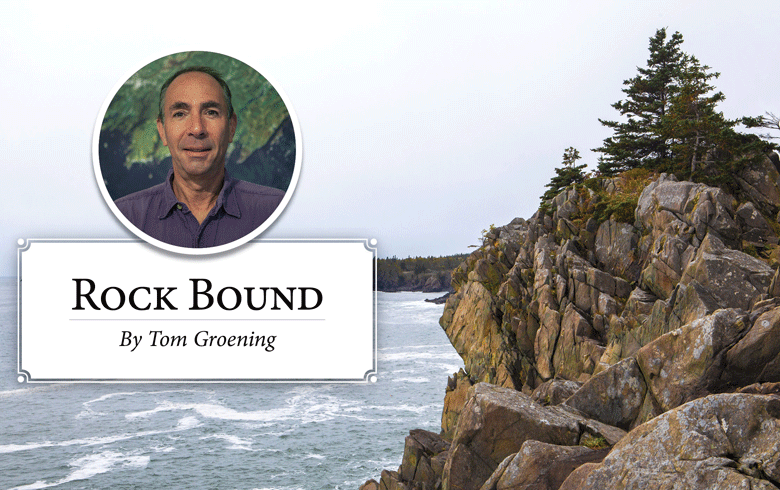Imagine that when you were 25, everyone you worked with was also in their mid-20s. At 45, it’s the same—all your colleagues at work are in their mid-40s. It probably wouldn’t be an environment conducive for growing and learning, right?
Yet in our public education system, that’s just the way we arrange things for our kids. In fact, we cram same-aged children by the dozens into rooms and make them sit in desks to be instructed. They eat lunch, play soccer during gym, and hang out on the playground with those same peers.
I bring this up because when we homeschooled our children—just for a few years, mostly to spare them the horrors of the middle school years—the most common question we heard about our decision was, “What about socialization?”
I traveled with Searsport-area students to Brooklyn, N.Y., for a weekend visit to a school there, part of a sister school arrangement.
The idea that our children would be scarred by interacting only with their parents, aunts and uncles, cousins, grandparents, our adult friends, and yes, peers when they played with friends, struck us as absurd. In fact, it’s only since the demise of the one-room school in the early 20th century that children were segregated this way.
It’s not the worst sin of public education, but it’s one worth rethinking.
In their early elementary school years, our children were in three-year-long multi-age classrooms. As “youngers” they would be read to by the “olders,” and then assumed that mentoring role themselves later.
Another anachronism of public education is the summer vacation, which arose when the country was mostly agrarian. What if we had six weeks of school, followed by a week off, and continued that pattern year-round? Subjects, or at least topics, could start fresh with every six-week block.
I want to stop short of saying we need to “blow up” public education—for one thing, I don’t like that violent image, especially given recent events—but I do believe it needs a fresh, comprehensive reconsideration.
Yet another entrenched assumption is that public schools aim to get as many students as possible into four-year colleges. Some high schools proudly post photos of seniors in the lobby with the name of the college they will attend.
The seemingly harsh tracking that some countries use to determine who goes to liberal arts schools and who goes to vocational-based training doesn’t sit well with our egalitarian self-image. But maybe some application of this principle would serve us well.
On a recent visit to Islesboro, I learned that its magnet school—which allows mainland students to attend—offers climate change studies as part of its curriculum.
And in the early 2000s while working for the Bangor Daily News, I traveled with Searsport-area students to Brooklyn, N.Y., for a weekend visit to a school there, part of a sister school arrangement. Within the Brooklyn school—which served students from nearby housing projects, and which had armed guards using metal detectors at the door—was a core of classes built around a criminal justice curriculum. Not every student would find a career in that field, but it lent a real-world credibility to learning.
I’m no education expert, but public school teachers make up a big part of my family. My father taught in the largest junior high in the country on Long Island, N.Y. My wife is an educator working in special ed. Our daughter was a high school teacher until she had children. I have two brothers and a sister-in-law who are teachers. And I taught high school, briefly—long enough to know it wasn’t my calling (apologies to my students).
If I were given the proverbial magic wand, I think I would build a system that aimed at establishing a common set of knowledge and skills (critical thinking, writing, mathematics, financial literacy, etc.) by age 16, then open up a dozen of lanes focused on student interest. And I would throw-in a mandatory year of public service.
I loved my time in college, studying literature and the ideas it offered. My fellow English majors and I would sometimes spill out the door into the hallway when class ended, and later over coffee in the student union, still batting around our budding thoughts on what we’d read.
But I leave those who soon will toss their mortarboards into the air with this—I learned far more in the four years after college than I did during the four in school.
Cue the Alice Cooper.
Tom Groening is editor of The Working Waterfront. He may be reached at tgroening@islandinstitute.org.





